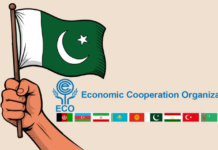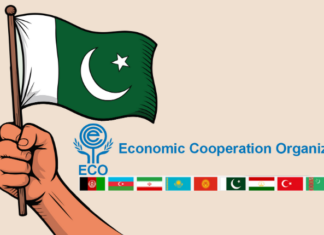Pakistan has formally requested a $1.2 billion Saudi Oil Facility to help cover the $2-2.5 billion financing shortfall identified by the International Monetary Fund (IMF) for the current fiscal year.
In a meeting with Saudi Ambassador Nawaf Bin Said Al-Malki on Wednesday, Federal Minister for Finance and Revenue Senator Muhammad Aurangzeb expressed Pakistan’s commitment to its homegrown economic reform agenda, focused on institutional reforms across key sectors. He praised Saudi Arabia’s consistent economic support and noted Saudi investors’ interest in joint ventures with Pakistan’s private sector.
Saudi envoy Al-Malki acknowledged Pakistan’s efforts in implementing reforms and reaffirmed the Kingdom’s commitment to supporting Pakistan’s economic growth.
However, the finance ministry’s official press release did not provide details on the request for an oil facility.
To meet the total financing requirement of $26.2 billion for the current fiscal year, Pakistan is also pursuing the rollover of $12 billion in deposits held by the State Bank of Pakistan from three bilateral creditors. The country needs $4 billion in commercial refinancing to fulfill its financial obligations.
Pakistan has also requested $400 to $500 million from the Islamic Development Bank’s ITFC facility, and a $1 billion loan from Gulf commercial banks, including Standard Chartered Bank (SCB).
The Saudi government has also shown interest in investing in the Reko Diq project, seeking a 15% stake in two phases, though the deal remains pending.
Pakistan had earlier secured a staff-level agreement with the IMF under the $7 billion Extended Fund Facility (EFF) in July, but the loan approval is still awaiting the IMF Executive Board’s decision.
The ongoing financial discussions highlight Pakistan’s efforts to stabilize its economy amid challenges of securing external financing.
























